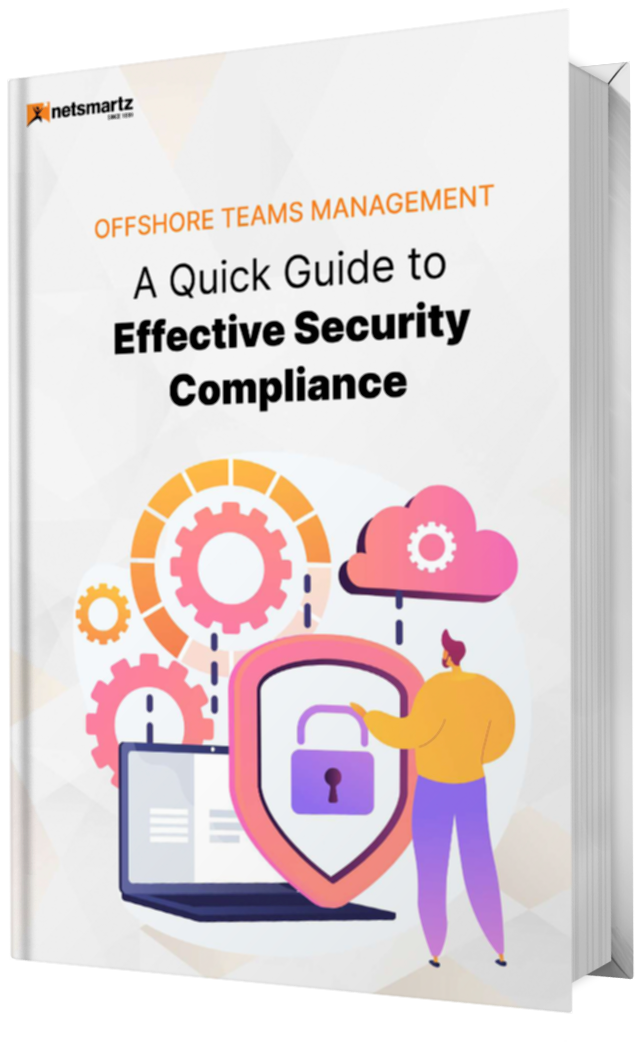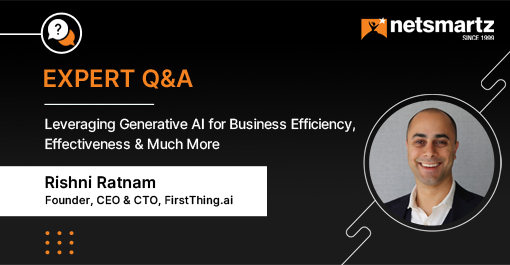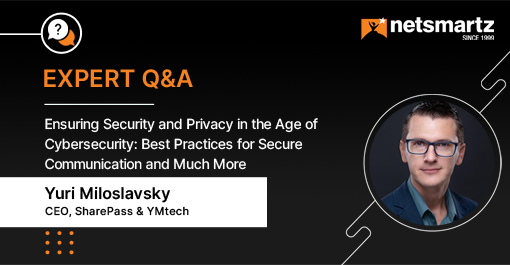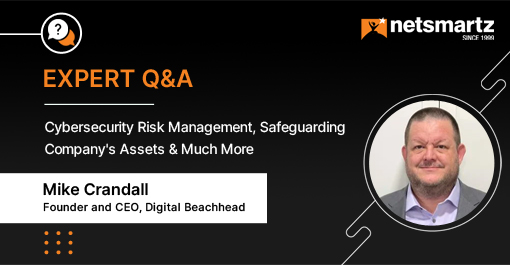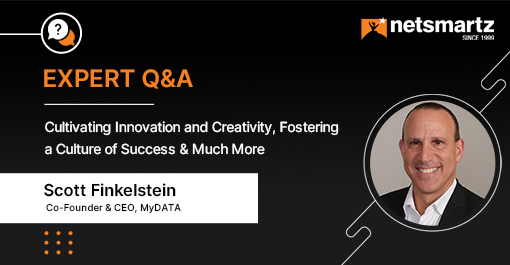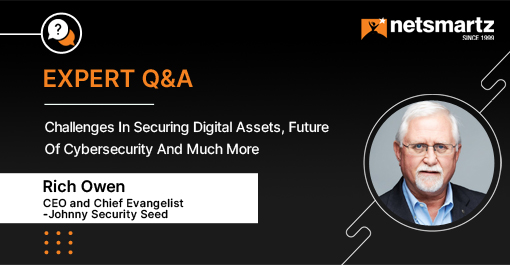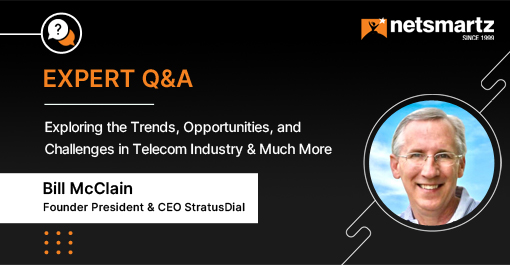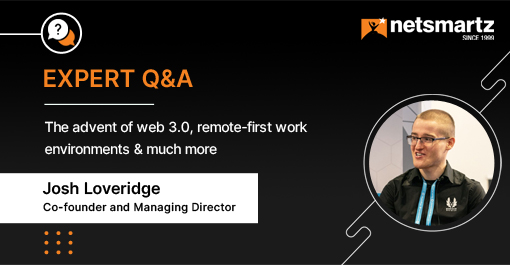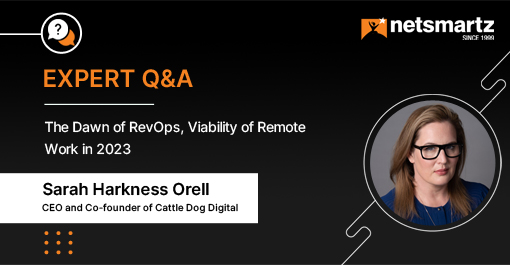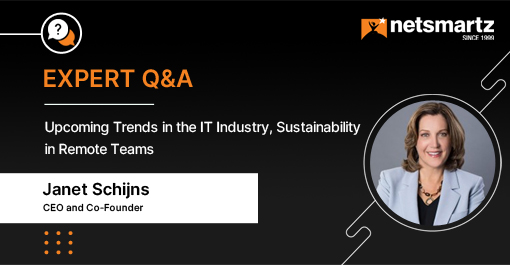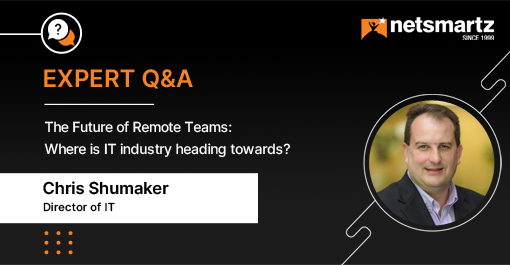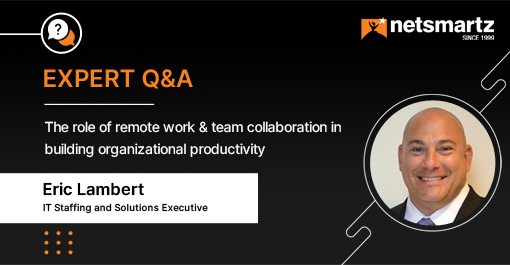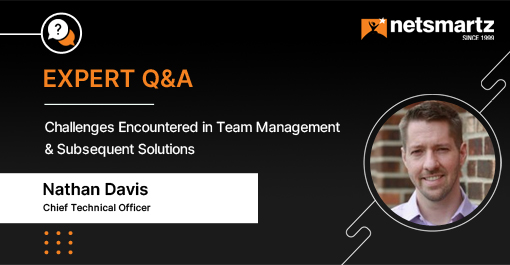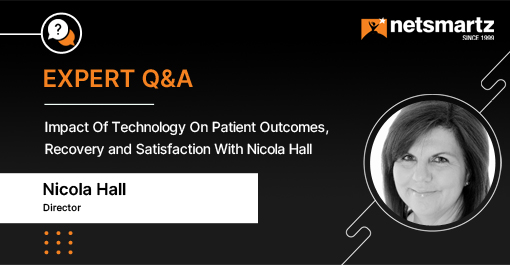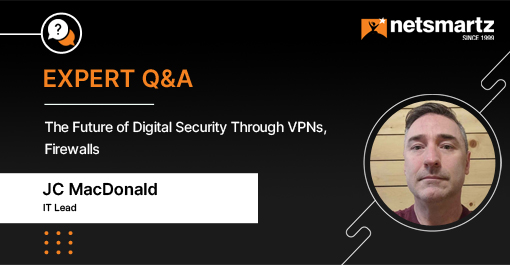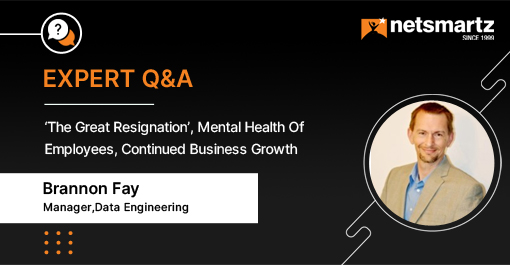Ensuring Security and Privacy in the Age of Cybersecurity: Best Practices for Secure Communication and Much More
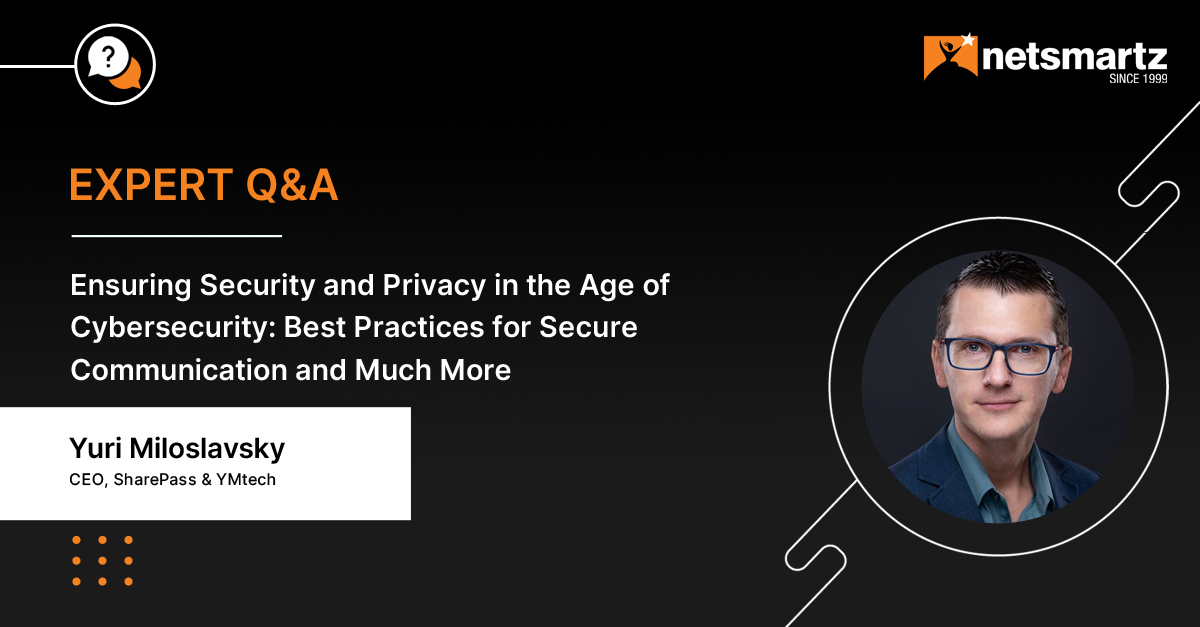
Safeguarding sensitive information from potential threats is of utmost importance for organizations, as it ensures a secure digital environment for their operations. To gain a deeper understanding of the challenges in business security and discover best practices for secure communication in the digital age, we reached out to Yuri Miloslavsky.
Read on to explore his valuable insights and recommendations.
Want to contribute to our expert insights?
Contact Us About Yuri Miloslavsky
About Yuri Miloslavsky
Yuri Miloslavsky is a seasoned IT professional with a remarkable career spanning over 20 years. As the CEO of SharePass & YMtech. Yuri possesses extensive expertise in cloud services, cybersecurity, and automation solutions. Throughout his journey, Yuri has showcased a profound understanding of the IT landscape and a strong commitment to leveraging technology to address complex business challenges. Under his leadership, YMtech has excelled in delivering cutting-edge cloud solutions, while SharePass has emerged as a trusted platform for secure communication, empowering individuals and organizations to safeguard their sensitive data effectively.
1. As someone dedicated to improving security and privacy, what advice would you give to other companies looking to enhance their cybersecurity measures?
As an advocate for improving security and privacy, I offer valuable advice to companies seeking to enhance their cybersecurity measures. Firstly, organizations must adopt a proactive mindset and assume that any information they share could become publicly available. This mindset helps foster a cautious approach towards data sharing. It encourages using appropriate tools to remove traces of information, ensuring it remains inaccessible in the event of a breach. Furthermore, I strongly emphasize the importance of continuous education and awareness. Companies should encourage employees to actively read and understand the implications of their actions regarding cybersecurity. Often, the slightest oversight or human error can lead to significant vulnerabilities. By investing in comprehensive training programs and promoting responsible practices, organizations can mitigate risks associated with untrained and unaware users. In conclusion, robust cybersecurity practices require advanced technology, diligent data handling, and a well-informed workforce. By embracing these principles, companies can fortify their security posture and safeguard their valuable information from potential threats.2. In your experience, what are some common mistakes or oversights that companies make when it comes to securing their communications and protecting sensitive data?
Based on my experience, I have observed several common mistakes and oversights companies make when securing their communications and protecting sensitive data. These include: 1. Mixing confidential information within casual conversations: Companies often overlook the importance of segregating confidential discussions from everyday conversations or chats, which can lead to inadvertent leaks or compromises of sensitive data. 2. Oversharing and divulging excessive information: Employees and organizations sometimes tend to overshare information through email exchanges or on public platforms without considering the potential risks and implications. 3. Lack of measuring staff on privacy practices: Companies often neglect to measure and evaluate their employees’ adherence to privacy practices. This can result in a lack of awareness and accountability when protecting sensitive data. 4. Inadequate encryption and protection of PII: Some companies still leave personally identifiable information (PII) in clear text, leaving it vulnerable to unauthorized access. Ensuring that all PII data remains encrypted at rest and in transmission is essential. 5. Insufficient authorization and access restrictions: Organizations may overlook the importance of implementing robust authorization mechanisms and access restrictions. Implementing appropriate policies and controls can significantly mitigate the risk of unauthorized access to sensitive data. To address these challenges, companies must prioritize segregating confidential information, raise employee awareness about responsible information-sharing practices, regularly assess privacy compliance, implement strong encryption measures for PII, and enforce stringent authorization and access control policies. By taking these steps, companies can enhance their security posture and safeguard sensitive data effectively.3. Could you share some best practices or strategies that companies can adopt to create a culture of privacy and ensure secure communications across their organization?
As an IT expert and Cybersecurity consultant, here are some recommended practices and strategies that companies can adopt to create a culture of privacy and ensure secure communications across the organization: 1. Avoid sharing confidential data in clear text: Traditional channels like company chat, SMS, and email are vulnerable and leave traces, also called “digital footprint”. Instead, you can utilize SharePass, an embedded solution within existing channels, to securely share sensitive information with end-to-end encryption. 2. Encrypt data at rest: Implement robust encryption measures to protect data stored on servers, databases, and other storage devices. 3. Classify and prioritize data: Develop a comprehensive data classification policy that identifies and categorizes different types of data based on their confidentiality level. This allows for implementing appropriate security controls and protecting sensitive information. 4. Secure all company devices: Implement strict security policies for company-owned and bring-your-own devices (BYOD). This includes utilizing mobile device management (MDM) solutions to enforce security configurations, regularly update and patch systems, and protect against vulnerabilities that can lead to data breaches. 5. Conduct regular risk assessments: Perform comprehensive risk assessments to identify potential vulnerabilities and evaluate the effectiveness of existing security measures. Develop sharing policies based on these assessments to ensure data is securely shared and complies with regulatory requirements. 6. Minimize digital footprints: Avoid leaving digital footprints that malicious actors can exploit and use in their social engineering attempts. SharePass can assist in managing digital footprints by providing secure communication channels that do not retain traces of sensitive information, reducing the risk of data exposure. By implementing these best practices and strategies, companies can foster a culture of privacy, enhance data protection, and ensure secure communications throughout the organization. It is essential to prioritize adopting secure technologies and empower employees with the knowledge and tools to safeguard sensitive information effectively.4. Are there any specific advancements or technologies that you’re excited about in the field of privacy and secure communications?
As an advocate for privacy and secure communications, I am particularly excited about advancements in technology that have the potential to enhance cybersecurity. Specifically, three areas hold significant promise: 1. Artificial Intelligence (AI): AI-powered solutions can automate various aspects of cybersecurity, including threat detection, incident response, and vulnerability management. By leveraging AI algorithms, organizations can identify patterns, anomalies, and potential threats more efficiently, enabling faster and more accurate decision-making in real-time. 2. Machine Learning (ML): ML algorithms can analyze vast data to identify trends and patterns indicating potential security risks. By continuously learning from new data, ML models can improve their ability to detect and prevent security breaches, enhancing the overall effectiveness of cybersecurity measures. 3. Quantum Computing: While still in its early stages, quantum computing has the potential to revolutionize encryption and cryptography. Quantum computers can perform complex calculations exponentially faster than traditional computers, posing opportunities and challenges. Organizations must stay informed about quantum-resistant encryption algorithms and adapt their security strategies accordingly. However, it’s important to note that as these technologies advance, so do the capabilities of malicious actors. It is imperative not solely to rely on technology but also to reevaluate internal procedures, adopt robust security policies, and invest in ongoing employee training and awareness programs. By embracing these advancements responsibly and taking a holistic approach to cybersecurity, organizations can stay ahead of evolving threats and ensure that their privacy and secure communication practices remain robust and effective. Wrapping Up
Wrapping Up
In conclusion, companies must prioritize data segregation, employee awareness, privacy compliance, encryption, and access control to enhance their security posture. Robust cybersecurity practices require advanced technology, diligent data handling, and a well-informed workforce. It is crucial to continually reevaluate procedures, adopt strong security policies, and invest in ongoing employee training to stay ahead of evolving threats. Safeguarding valuable information necessitates a multi-faceted approach that combines technological measures with organizational preparedness and vigilance.

Are You An Influencer?
Make Your Mark as a Thought Leader
We invite industry influencers to participate in our Q&A panel, offering the audience valuable insight into cutting-edge technology trends, platforms, and more.




